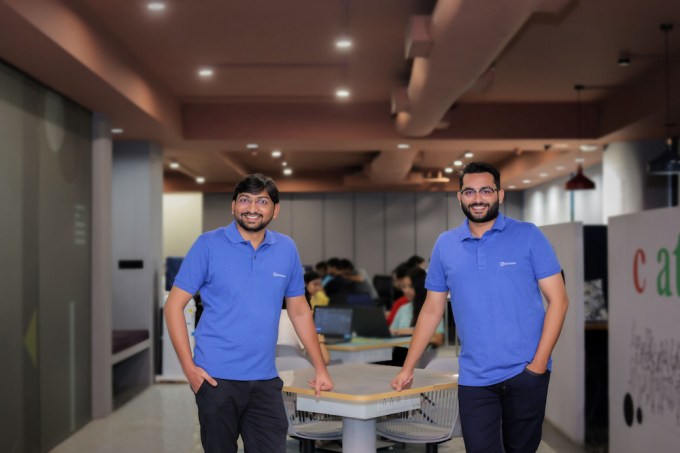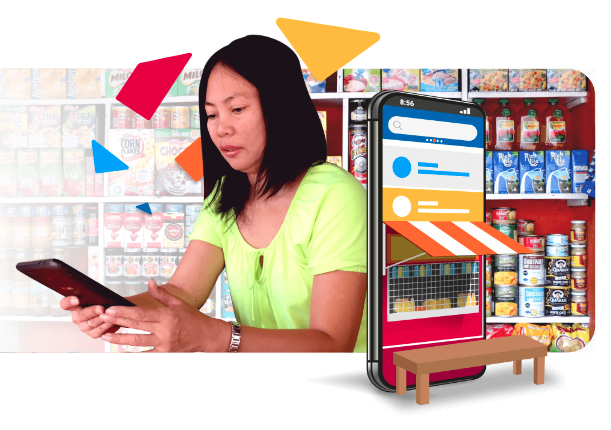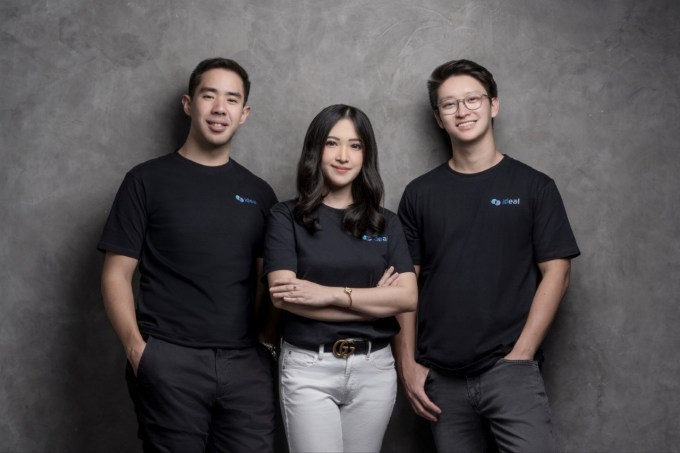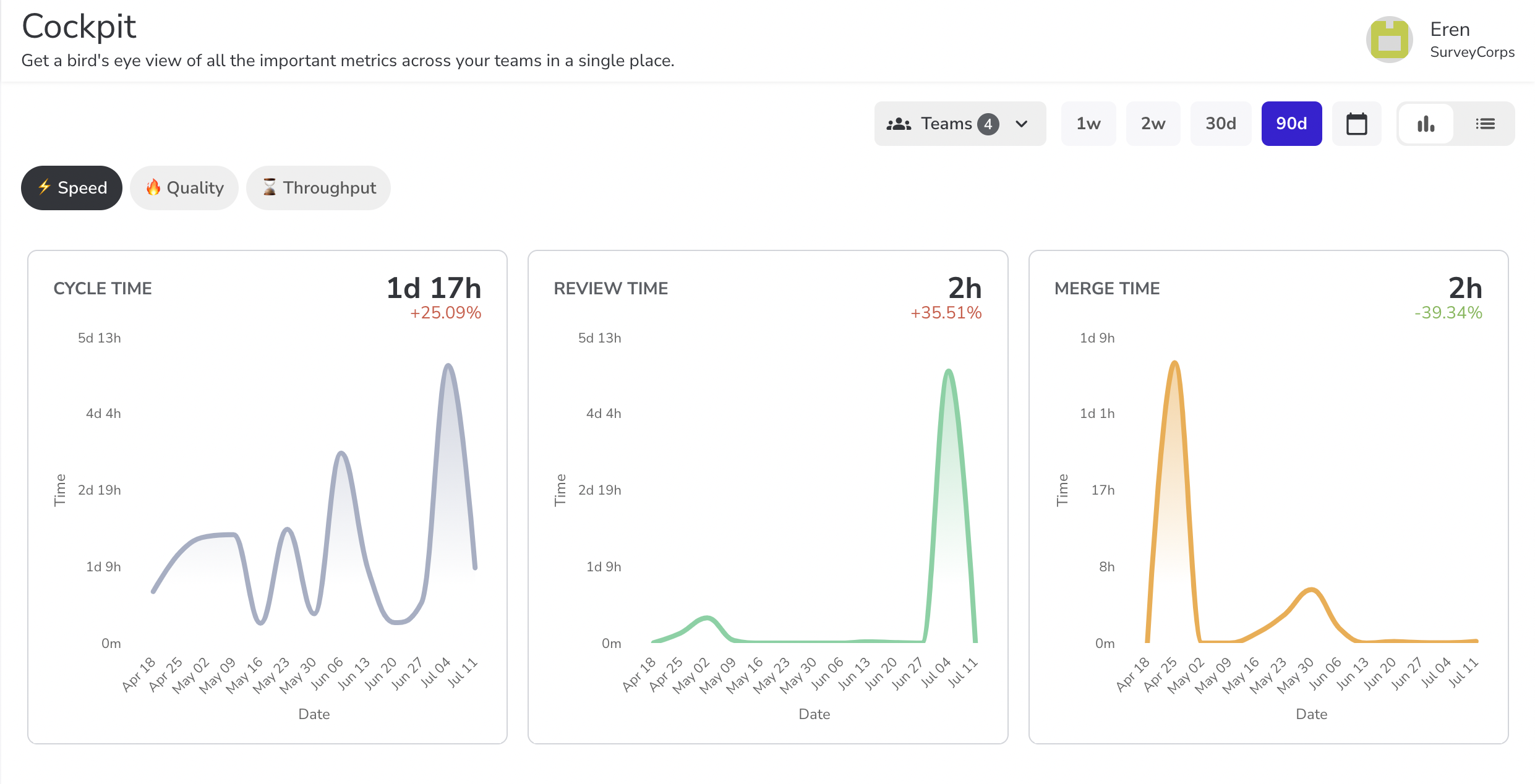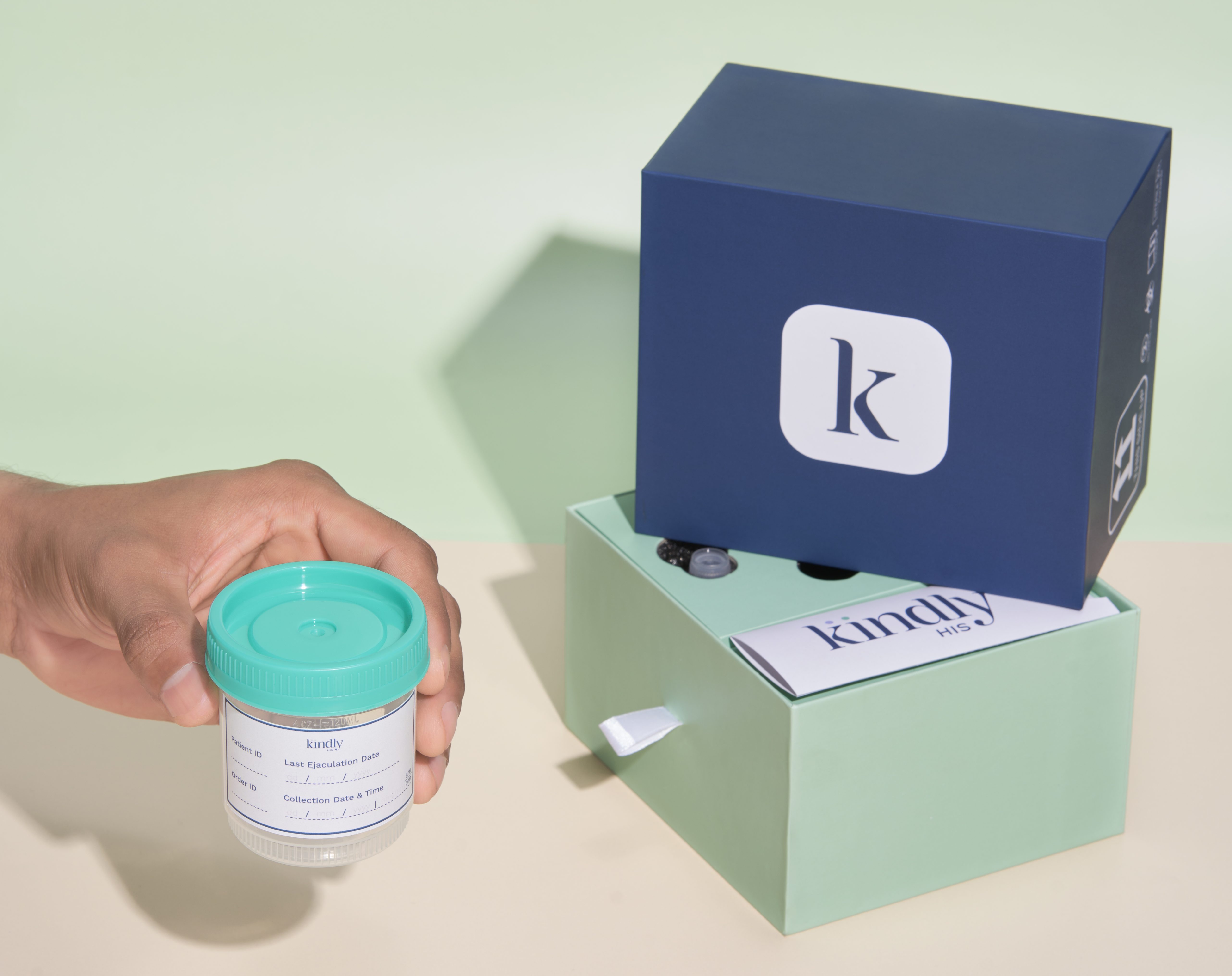Internet usage continues to skyrocket, with 29.3 billion networked devices projected to be in use by 2023 and the growth rate currently at around 10%. Today, an enterprise startup called DriveNets that’s built a more cost-effective way for service providers and other outsized connectivity users to scale to meet that demand by leveraging software and cloud innovations — not relying solely on hardware — is announcing a big round of funding, a mark of the rising demand it’s seeing for its tech.
The Israeli startup, valued at over $1 billion, provides software-based internet routing solutions to service providers to run them as virtualized services over “white box” generic architecture, and today it is announcing $262 million in equity funding to continue expanding its technology, its geographical footprint, and its business development. The company today works with close to 100 customers — large networking service providers like AT&T that in turn collectively provide services to millions of others — and in the last year has seen network traffic over its cloud-based architecture grow 1,000%.
This Series C is being led by D2 Investments, a new investment fund with LPs from the U.S. and United Emirates; and existing backers Bessemer Venture Partners, Pitango, D1 Capital, Atreides Management, and Harel Insurance Investments & Financial Services are also participating. D1 (Daniel Sundheim’s fund, no connection to the current lead investor despite the similarity of names) led DriveNets’ previous round, a Series B of $208 million last year, which catapulted the startup to its $1 billion+ valuation. Ido Susan, the CEO who co-founded the company with Hillel Kobrinsky, tells me that the company is not disclosing an exact valuation figure this time around except to say that it “has substantially increased over the previous round.”
If these sums sound very large, it’s because outsized funding is the order of the day for large enterprise startups taking on networking infrastructure leviathans like Cisco, Juniper and Huawei. (It also explains a little of the logic behind the large funding rounds for upstarts in the adjacent area of processors.) Including the company’s debut round of $110 million led by Pitango when it first came out of stealth mode in 2019, DriveNets has now raised just over $580 million.
The funding, we should point out, is a also a measure of the faith investors have in repeat, successful founders. Cisco acquired a previous “self-optimizing network” startup called Intucell founded by Susan for $475 million; and AT&T acquired a (prescient!) web conferencing startup Kobrinsky founded for $121 million. “DriveNets has demonstrated its ability to move the networking industry forward and has gained the trust of tier-1 operators,” said Adam Fisher, a partner at Bessemer Venture Partners, in a statement. “While other solution providers are facing challenging headwinds, DriveNets continues to innovate and execute on its vision to change the future of the networking market.”
Although there are potential opportunities for DriveNets to work with the biggest enterprises that are building their own networking systems, today service providers account for the majority of DriveNets’ user base. While it first made its name in the U.S., it’s in the last year expanded deeper into Asia and Europe, too.
“Most of our customers are tier 1 and 2 service providers and we found that Asian operators are early adopter and open to new technologies that can accelerate growth and lower their cost,” said Susan this week. A lot of initial engagement is around cost-cutting.
The pitch DriveNets makes is that as demands to provide more network capacity increase, service providers typically have to buy a lot of equipment (and go through the costly and time-consuming process of issuing those tenders and negotiating deals).
Networking as it exists pre-DriveNets is largely focused around costly hardware. The startup’s pitch is that it can replace that with its proprietary sophisticated operating system, which relies on a cloud-based architecture, that can work in conjunction with a cheaper and simpler system of generic network equipment that sits in a provider’s own data center. The switch (pun intended) works out to a cost savings on average of 40%, Susan told me in the past.
The operating system has a lot of different functionality, covering core, aggregation, peering, cable, data center interconnection, edge computing and cloud services, and this means, Susan said, that while customers come for the discounts, they stay for the services, “since our model is software-based we enable faster innovation and service rollout.”
Network operations saw an especially huge boost of demand in the last 18 months, he continued, given the major swing that digital services saw across both consumers and enterprises, although that wasn’t exactly something that played into DriveNets’ hand as much as you might think.
“During the COVID-19 pandemic they grew their existing networks based by simply buying more of the same to minimize the operational burden,” said Susan. That’s now changing, though, in the currently economic climate.
“Now, post pandemic they are starting to refresh these networks and with the growing interest of Cloud Hyperscalers in networking service, operators are looking at more innovative ways to stay competitive and accelerate innovation, by building networks in more like cloud. These are the big customers that we are seeing now – transformative large operators who are expanding the capacity of their networks and are looking to rollout newer services at a wide scale,” he said.
The rise of companies like DriveNets speaks to wider trends in the industry to replicate, replace and surpass the capabilities of older hardware-based systems with software and specifically cloud-based services. That’s meant that when DriveNets first emerged, it may have been novel, but it is no longer on its own in the field.
“We have seen in the past couple of years some of the incumbent networking vendors starting to adopt our model,” said Susan. He credits the company’s “huge success” at AT&T as a proof that “the model works. You can build networks like cloud at a very high scale and reliability and both lower network cost and accelerate service rollout.” Newer innovations like 5G are thought of as more efficient, but they do not necessarily offset the larger rise in demand and usage.
“Now it is not a matter of ‘if’ but of ‘when’ since incumbent vendors have more to lose over that transition,” he added. He believes that DriveNets will emerge a leader in the networking vendor space nonetheless, not least due to being able to invest in further development on the back of funding rounds like this one.
“We are investing in our current solution to ensure that we keep ahead of the market but also continue to add expected capabilities,” said Susan. He notes that the company was the first to support Broadcom’s latest chipset and more than triple the network capacity but also lead the transition to 400Gig. “In parallel, we are already investing in additional solution offerings that will provide additional value to our customers and expand our TAM,” he said.
The biggest challenge is not technological, per se, but one of talent, “recruiting quality people to support our engineering efforts and our global expansion. At the end of the day, it is all about the people,” he said. The company has been snapping up talent from the likes of Juniper and Salesforce, among others to fuel its growth.
“DriveNets has already made a big impact in the high-scale networking industry and its routing solutions are adopted by tier-1 operators for their quality and the innovation they enable,” said Aaron Mankovski, managing partner at Pitango, in a statement. “This investment will allow DriveNets to expand its footprint in the market and develop additional offerings.”
